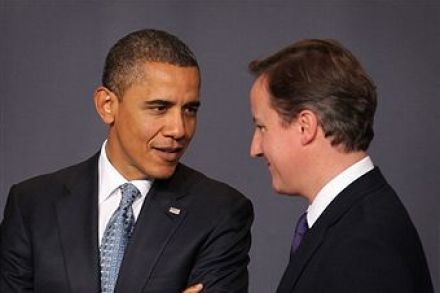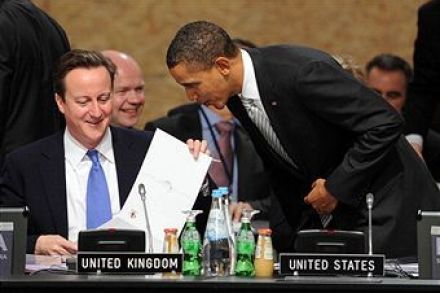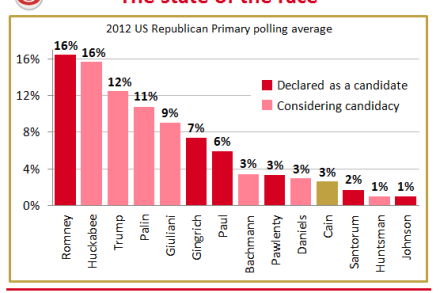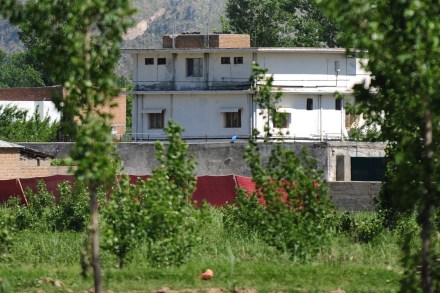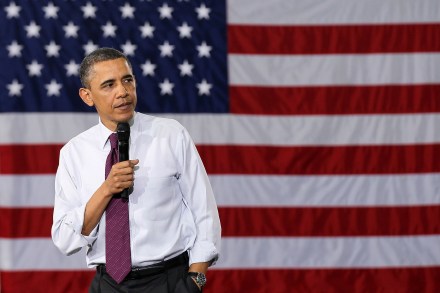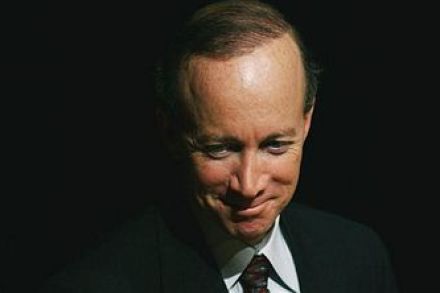From the archives: Bush in London
You may have noticed that Barack Obama came to the country on a state visit this week. But he wasn’t the first US President to be extended an invitation from the Queen, oh no. George W. Bush beat him to that particular honour in 2003. Here are a couple of Spectator pieces from the time, the first the magazine’s leader column, the second by Peter Oborne: Don’t burn Bush, The Spectator, 15 November 2003 The Queen’s state carriage has carried some pretty rum types over the years. Nicolae Ceauscescu took a break from murdering his countrymen to take a ride down the Mall in June 1978. In 1994 it was







